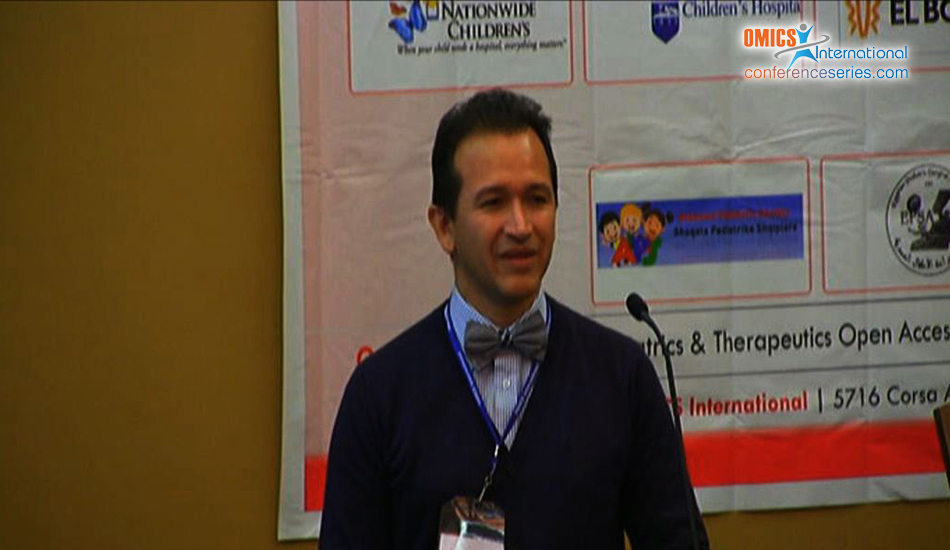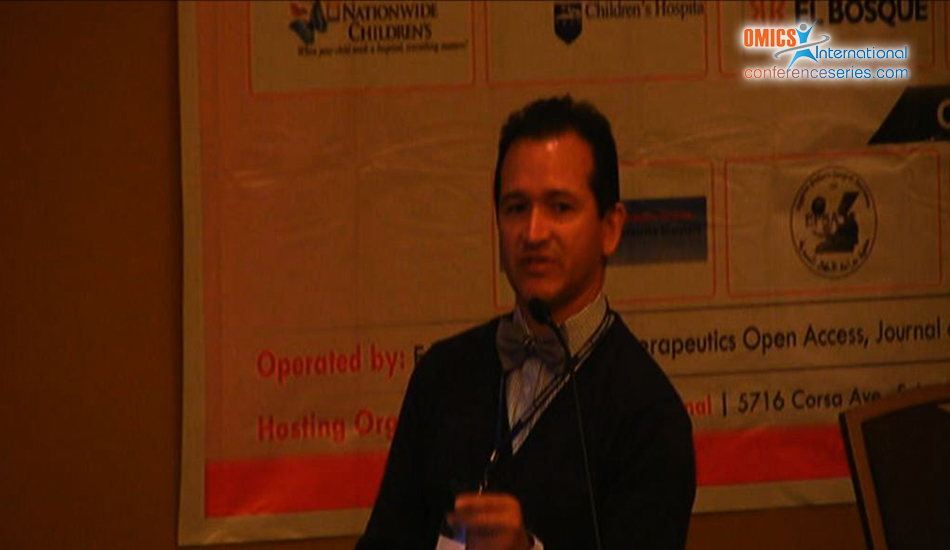
Fredy Ariza Cadena
Universidad ICESI and Universidad del Valle, Colombia
Title: Detecting preoperative risks factors in children underwent gastrointestinal endoscopic procedures
Biography
Biography: Fredy Ariza Cadena
Abstract
Gastrointestinal endoscopic procedures (GEP) include a variety of diagnostic and therapeutic minimal invasive approaches that are performed outside the operating room or in specially designed areas. Children constitute a subpopulation who benefits from general anesthesia (GA) or deep sedation (short periods of unconsciousness obtained by intermittent low dose induction agents) for this type of procedures due to their autonomic protective roll and derived immobility, trying to offer a friendly and safe experience for the child and his/her family. Inhaled or intravenous drugs with rapid pharmacokinetic profiles are preferred for these scenarios due to their relation with “fast-track” procedures and cost-efficacy. It has been determined a very low incidence of global complications (0.13%) and mortality (0.004%) in this population for GEP, while more frequent post-procedure symptoms found were sore throat and dysphonia. In fact, most of these procedures are currently performed in a “free-hazard” base where IV access and airway protection devices are frequently obviated. We show a retrospective analysis to determine the current prevalence of serious and non-serious AEs for children less than 12 y-o under GEP who required anesthesia care and propose a predictive model with the most significant perioperative factors in an environment where GA is the most frequent anesthetic approach.
Speaker Presentations
Speaker PPTs Click Here


